Residential Schools: Books for Children
Canadians of all ages need to understand the truth about residential schools. These age-appropriate titles can help caregivers and educators discuss the topic with younger readers.
Calgary Public Library commits to listening to, learning from, and building relationships with local Indigenous communities. We have a responsibility to share the true history of what happened at Indian residential schools and the ongoing, intergenerational trauma they caused.
Learning the truth is an important first step for all Canadians toward healing our community. We hope to honour all those who attended residential schools and their families through this work.


Published in 2015, the Final Report of the Truth and Reconciliation Commission of Canada PDF includes details on the history and legacy of residential schools as well as 94 Calls to Action.
Call to Action 69 specifically asks libraries, museums and archives to reexamine their commitment to truth and reconciliation and commit more resources to sharing the true history of Indigenous peoples with our communities.
69. We call upon Library and Archives Canada to:
i. Fully adopt and implement the United Nations Declaration on the Rights of Indigenous Peoples and the United Nations Joinet-Orentlicher Principles, as related to Aboriginal peoples’ inalienable right to know the truth about what happened and why, with regard to human rights violations committed against them in the residential schools.
ii. Ensure that its record holdings related to residential schools are accessible to the public.
iii. Commit more resources to its public education materials and programming on residential schools.
The Calgary Aboriginal Urban Affairs Committee reviewed the 94 Calls to Action from the Federal Truth and Reconciliation Commission to determine which are actionable by Calgary's municipal government. The results are Calls to Action identified in White Goose Flying: A Report to Calgary City Council on the Indian Residential School Truth and Reconciliation PDF, which includes local context and alignments.
The report specifies that Calgary Public Library should:
"... inspire stories, and through its work with community partners including the Heritage Triangle, coordinate and collaborate on exhibits and programming about the true history and legacy of Indian residential schools, in and surrounding Calgary.
Libraries and museums are among the most highly utilized and trusted public ‘gathering spaces’ in the city, therefore their reach is substantial.
A two-pronged approach in (a) training City staff internally while at the same time as (b) creating outward-facing public awareness and learning opportunities for Calgary citizens, creates impact."
Nations to Nations: Indigenous Voices at Library and Archives Canada is a free multimedia e-book featuring essays and images written and curated by Indigenous staff at Library and Archives Canada (LAC). These essays offer personal interpretations of Library collection items and reflect on the unique perspectives that First Nations, Inuit and the Métis Nation bring to libraries.
This phone line is available 24-hours a day for anyone experiencing pain or distress as a result of their Residential school experience. Call 1-866-925-4419.
The Elbow River Healing Lodge offers a full range of primary care services and visiting specialists to First Nations (Status and Non-Status), Métis, and Inuit people and their families.
Visit the Library's Wellness Desk, available on a drop-in basis. A variety of mental wellness resources are also available to you for free with your Library card.
Additional supports are available through the Distress Centre, Calgary Communities Against Sexual Abuse, and Kids Help Phone.